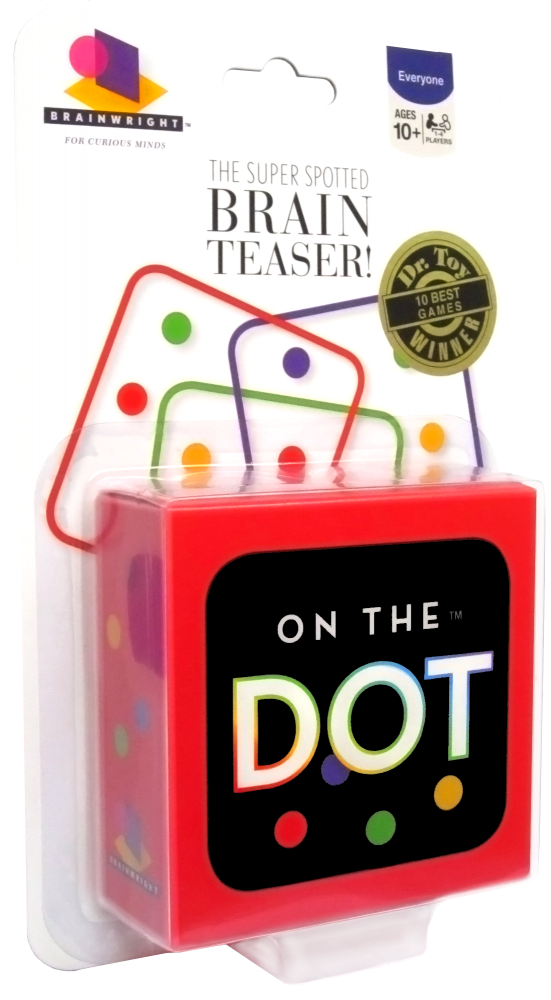What does "Enigma" mean?
- Project Enigma
- Jun 14, 2022
- 3 min read
Understanding the word "Enigma"
The definition of ‘Enigma’ is something that is mysterious or difficult to make sense of, essentially a puzzle, riddle, or mystery. This word came into English via Latin’s aenigma from Greek’s ainigma, which literally means ‘to speak in riddles’. The root of ainigma is the Greek word ainos or 'fable’. It seems to make sense for an enigma to be related to a fable, in that both usually present an initial struggle followed by a resolution with valuable takeaways.

(Taken from https://unsplash.com/photos/9SKhDFnw4c4 )
“Enigma” can be used to describe a puzzling person (e.g. Tom is an enigmatic individual) or a situation. Winston Churchill famously described 20th Century Communist Russia as a “riddle, wrapped in a mystery, inside an enigma.”
Interestingly, during the Second World War, the Germans used an infamous encryption machine which was also called Enigma; a fitting description for a gadget capable of scrambling electronic messages to make it difficult for the Allies to crack them. British intelligence officers working at Bletchley Park eventually did so with the help of Polish mathematicians as the war began. The famous mathematician Alan Turing was part of this covert operation, and you can read his story in Alan Turing: The Enigma (2000) a biographical book by Andrew Hodges. The 2014 movie The Imitation Game, starring Benedict Cumberbatch, was loosely adapted from this book.

(Taken from https://unsplash.com/photos/4hfpVsi-gSg)
In the puzzling world, “The ENIGMA” is also the name of a notable puzzle magazine published monthly by the National Puzzlers' League, the oldest puzzle society in the world (est. 1883 in the US). It contains an assortment of word puzzles for readers to tackle, such as crossword puzzles, cryptograms, and anagrams (here is just one surprising anagram for you: “The Enigma” = “The In Game.”)
The word has even been used to name an entire major. Indiana University Bloomington offers a course called Enigmatology - literally, the study of puzzles. Its sole graduate, Will Shortz, works as puzzle editor for The New York Times, and has successfully turned his love for puzzles into a full-time career.
So why did we choose to call ourselves Project Enigma?
The word “Enigma” captures the essence of our work. It connotes a sense of mystery which we are compelled to unravel. The word hints at the wonder with which we view our world and our inquisitive human nature to get to the bottom of things and to seek the truth about how things work. Humans are by nature puzzle-solving creatures, which explains our fascination with brain games, word puzzles and the like (think about the recent rise in popularity of hit game Wordle).
The word nicely matches our goal of spreading the joy of perplexing mechanical puzzles and intriguing science toys to communities around us. Through our products, we hope to reignite a spirit of curiosity and diligence to pursue answers. Solving these puzzles and figuring out how science toys work may be challenging and require lots of patience and hard work, but the end result is rewarding and certainly worth it.
For example, we currently offer Sparkbox, a subscription service that lets you get your hands on a few mechanical puzzles every month, either fortnightly or weekly. Some well-known puzzles in our collection (also called “Enigma”) that you may be interested to try out include: Cast Enigma designed by Eldon Vaughn and patented in 1975. It was relaunched by the puzzle company Hanayama in 2004 as one of their most difficult cast metal puzzles. Besides that, we hold most puzzles from a set of puzzles called the Enigma Series. We also have a vast array of science toys and other curios in our collection. Figuring out how they work (i.e., solving the “mystery” behind them) teaches us about scientific phenomena in the process.
In addition, we also partner with organisations to further our work of bringing the joy of puzzles and toys closer to local communities. At our recent Puzzle Quest, we organised a puzzle-solving competition for residents of Tanjong Pagar and Bedok North. Participating families worked through a series of puzzles released weekly, and were even encouraged to journal their thoughts down in the process of solving these puzzles.
Thus, the word “Enigma” aptly describes the work and mission of our organisation. As we tinker and experiment with puzzles and toys, and encounter unfamiliar challenges, we get to exercise our ingenuity, break down complex problems and learn while having fun. We are steadfastly overcoming difficulties, and finishing the fable that we set out on.
If reading this article has inspired you, don’t wait any longer - come by and check out our offerings at our website over here, and if you have any other queries about what we do, feel free to contact us too. :) See you at our following post!
References
“Enigma encoding machine.” National Museums Scotland. https://www.nms.ac.uk/explore-our-collections/stories/science-and-technology/enigma-encoding-machine/
“Churchill on Russia.” International Churchill Society.
Miriam Kamil. "Homeric Ainoi in Latin Literature, Part I: Homer." Classical Inquiries. https://classical-inquiries.chs.harvard.edu/homeric-ainoi-in-latin-literature-parti-homer/#:~:text=The%20Oxford%20Classical%20Dictionary%20more,%2Dnarrative%2C%20of%20Homeric%20epic




Comments